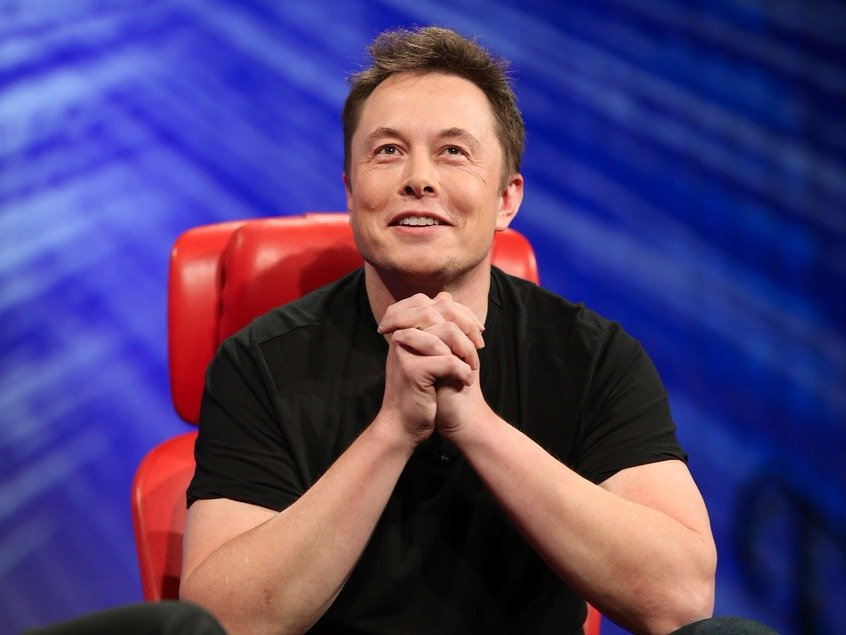In an interview with CNBC in November, Tesla CEO Elon Musk joined a growing list of tech executives who support universal basic income as a possible solution to the widespread unemployment that automation will likely cause.
Universal basic income is a system in which all citizens receive a standard amount of money each month to cover basic expenses like food, rent, and clothes.
On Monday, Musk doubled down on his initial support for the concept.
“I think we’ll end up doing universal basic income,” Musk told a packed crowd at the World Government Summit in Dubai, according to Fast Company. “It’s going to be necessary.”
The economic forecasts for the next several decades don’t bode well for the American worker. In March, President Barack Obama warned Congress about the looming threat of job loss, based on several reports that found that as much as 50% of jobs could be replaced by robots by 2030.
The downside of that projection is that millions of people would wind up out of a job - a possibility Musk discussed at the summit.
"There will be fewer and fewer jobs that a robot cannot do better," he said. "I want to be clear. These are not things I wish will happen; these are things I think probably will happen."
Executives who have endorsed UBI - a group that includes Y Combinator President Sam Altman and Facebook cofounder Chris Hughes - also say automation would dramatically increase a society's wealth.
"With automation, there will come abundance," Musk said. "Almost everything will get very cheap."
That money theoretically could be redistributed to give people financial security even if they didn't work. UBI advocates often point to reduced costs as a reason the system could be cheaper to implement than most might assume.
"Because a very small amount of people have an almost unimaginable amount of money at the very top, a basic income could actually decrease almost everyone else's income tax burdens except for theirs," Scott Santens, a UBI advocate, wrote for The Huffington Post.
Musk retains some skepticism about the effects of UBI. He has voiced concerns about what would happen to people's sense of purpose if they had less of a need - or no need - to work.
"If there's no need for your labor, what's your meaning?" Musk said. "Do you feel useless? That's a much harder problem to deal with."

